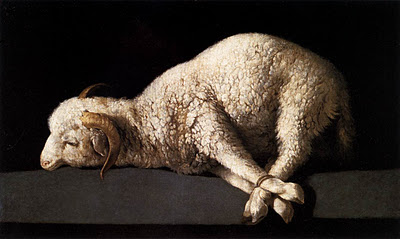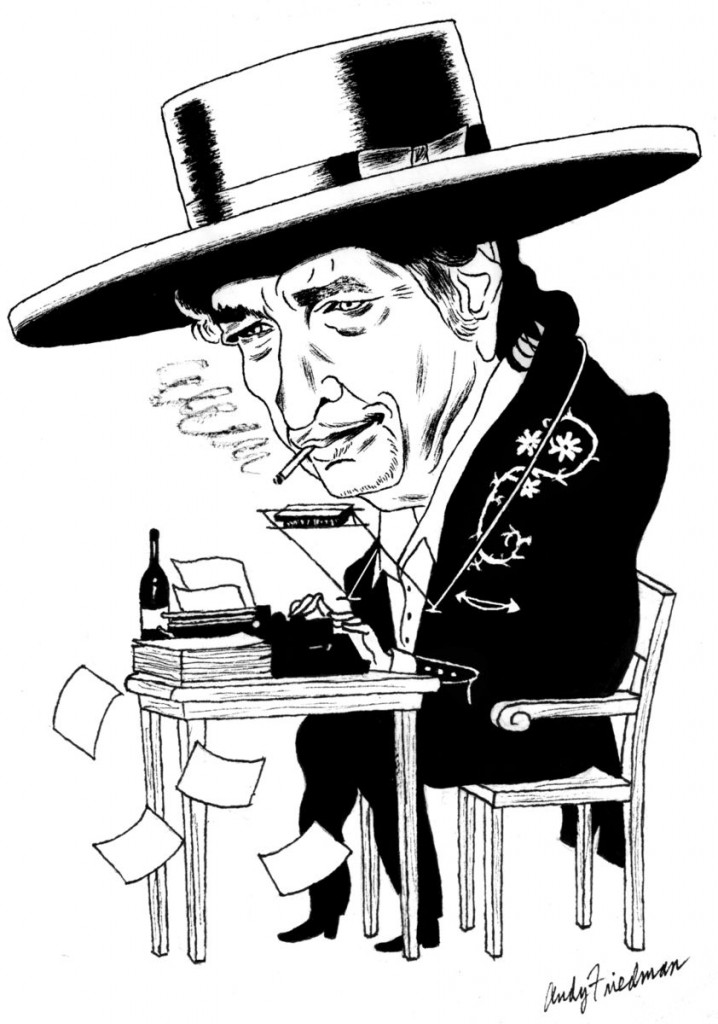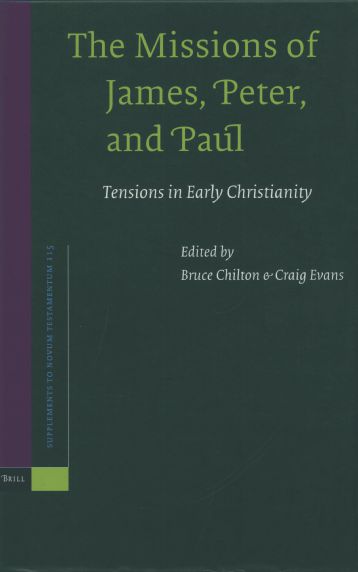 Today was the 499th anniversary of Luther’s act of posting his 95 Theses to the doors of Wittenberg Castle Church. It is generally thought that Luther’s ‘breakthrough’ took place about two years before this event. Looking back in 1545, Luther described his conversion:
Today was the 499th anniversary of Luther’s act of posting his 95 Theses to the doors of Wittenberg Castle Church. It is generally thought that Luther’s ‘breakthrough’ took place about two years before this event. Looking back in 1545, Luther described his conversion:
Meanwhile, I had already during that year returned to interpret the Psalter anew. I had confidence in the fact that I was more skilful, after I had lectured in the university on St. Paul’s epistles to the Romans, to the Galatians, and the one to the Hebrews. I had indeed been captivated with an extraordinary ardor for understanding Paul in the Epistle to the Romans. But up till then it was not the cold blood about the heart, but a single word in Chapter 1, “In it the righteousness of God is revealed” that had stood in my way. For I hated that word “righteousness of God,” which, according to the use and custom of all the teachers, I had been taught to understand philosophically regarding the formal or active righteousness, as they call it, with which God is righteous and punishes the unrighteous sinner.
Though I lived as a monk without reproach, I felt that I was a sinner before God with an extremely disturbed conscience. I could not believe that he was placated by my satisfaction. I did not love, yes, I hated the righteous God who punishes sinners, and secretly, if not blasphemously, certainly murmuring greatly, I was angry with God, and said, “As if, indeed, it is not enough, that miserable sinners, eternally lost through original sin, are crushed by every kind of calamity by the law of the Decalogue, without having God add pain to pain by the gospel and also by the gospel threatening us with his righteousness and wrath!” Thus I raged with a fierce and troubled conscience.
Nevertheless, I beat importunately upon Paul at that place, most ardently desiring to know what St. Paul wanted. At last, by the mercy of God, meditating day and night, I gave heed to the context of the words, namely, “In it the righteousness of God is revealed, as it is written, ‘He who through faith is righteous shall live.'” There I began to understand that the righteousness of God is that by which the righteous lives by a gift of God, namely by faith. And this is the meaning: the righteousness of God is revealed by the gospel, namely, the passive righteousness with which merciful God justifies us by faith, as it is written, “He who through faith is righteous shall live.” Here I felt that I was altogether born again and had entered paradise itself through open gates. There a totally other face of the entire Scripture showed itself to me. Thereupon I ran through the Scripture from memory. I also found in other terms an analogy, as, the work of God, that is what God does in us, the power of God, with which he makes us strong, the wisdom of God, with which he makes us wise, the strength of God, the salvation of God, the glory of God. And I extolled my sweetest word with a love as great as the hatred with which I had before hated the word “righteousness of God.” Thus that place in Paul was for me truly the gate to paradise.
See Oswald Bayer, Living By Faith: Justification and Sanctification (Lutheran Quarterly Books (2003), 81-82; cf. Luther’s Works Volume 34, Career of the Reformer IV (St. Louis, Concordia Publishing House, 1960), p. 336-337.




